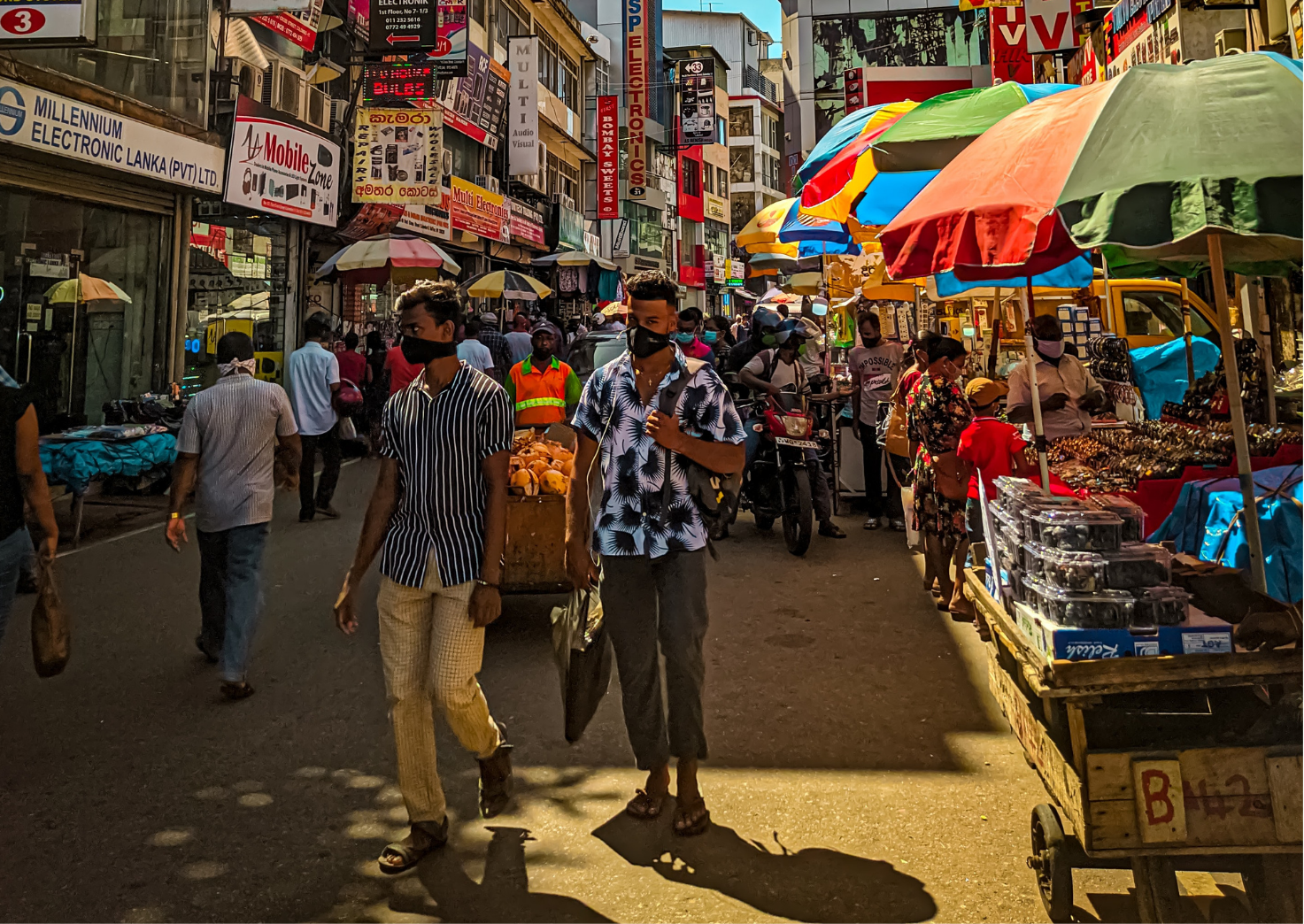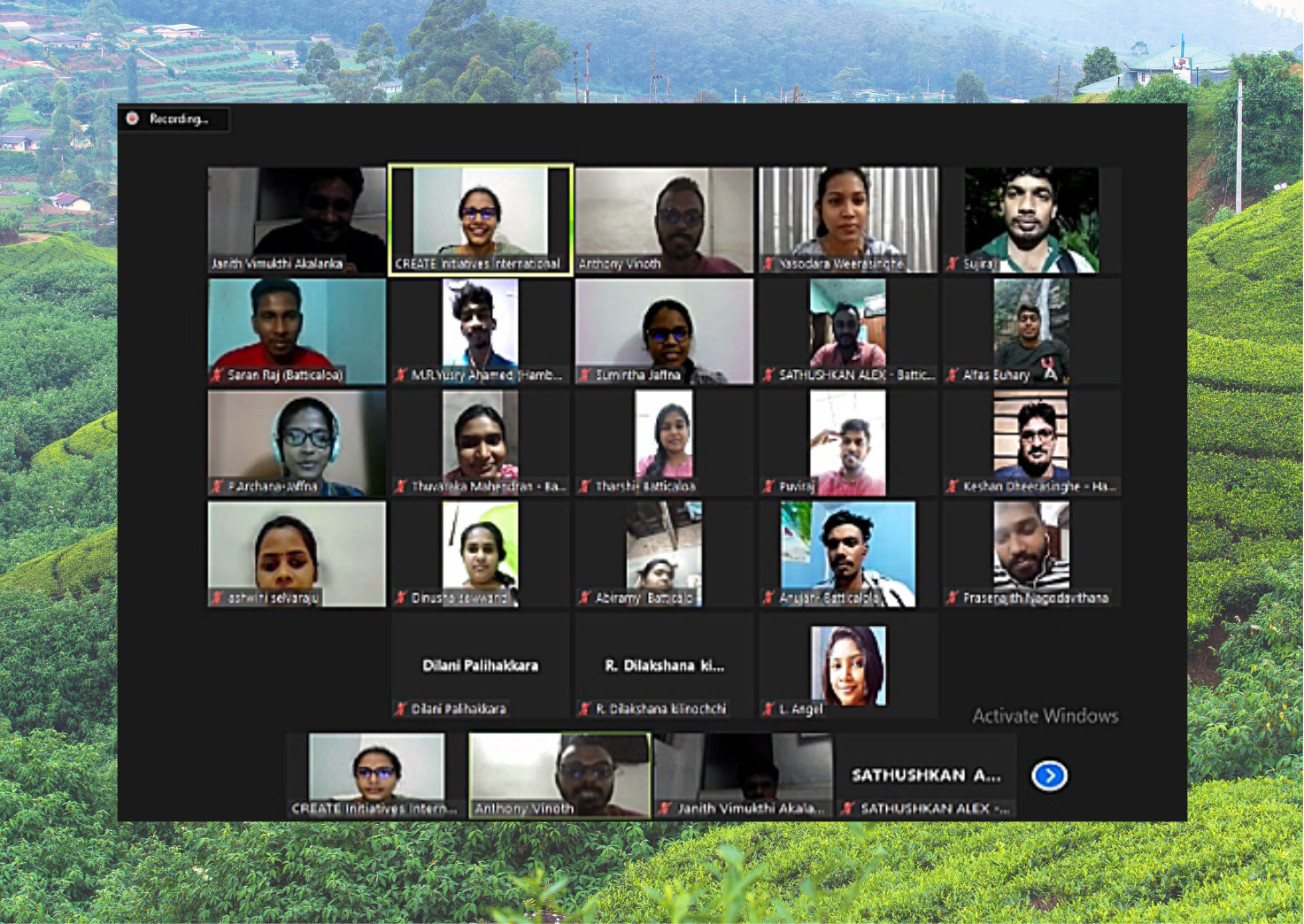SAP Stories 2021
Youth Empowerment on Preventing Violent Extremism
Sri Lanka has suffered from violent extremism since gaining independence in 1948, with at least one major riot or instance of violent conflict due to violent extremism occurring every decade. Youth were and continue to be the main target group used as tools to carry out the aims of violent extremists.
Four fellows from the European Union-funded ALLY project are empowering youth in the districts of Nuwara-Eliya, Jaffna, Batticaloa, Galle, and Hambantota to engage on the issues that have sparked violent extremism and that they have experienced both individually and as a community.

Applying the lessons from their online regional and in-person country training as a part of the ALLY fellowship program, Anthony Vinoth, Nadarasa Sujiraj, Priyatharshiny Vijayaratnam, and Janith Vimukthi Akalanka created the Social Action Plan (SAP) “Youth Engagement on Preventing Violent Extremism” (YEPVE). YEPVE began with selecting candidates from 6 districts. 25 participants, 15 female, and 10 male in total, joined one of four online dialogues discussing violent extremism in their local contexts.

The YEPVE SAP has its own uniqueness since it builds on the expertise and lived experiences of the 25 youth representing their communities and the ALLY fellows together learning through sharing and analyzing the incidents that happened in their own contexts. The youngsters who are part of the training through discussion are all selected from the communities where they have undergone violent extremism in their communities that have led to the current living conditions.
“We have been bound with our culture to adopt what the society imposes on us at times it may lead to violent extremism but we are already adopting to those changes.”
– Ashwini Selvaraj
The first 2 discussions on November 30, 2021, and December 22, 2021, were based on the theoretical perspectives on violent extremism and the related themes. The third discussion is scheduled for February 12 or 13 2022 is based on the case studies applying the learned theoretical aspects through the first 2 discussions. And the final discussion is based on the analytical report which is being discussed through the inputs of the participants who have faced violent extremism from different angles in their day-to-day activities. The ALLY fellows will be finalizing the analysis report and will be submitting it to the ALLY network. The fellows are working with participants to create analytically studies of each report.

Follow the Network’s Asia Programming on social!
